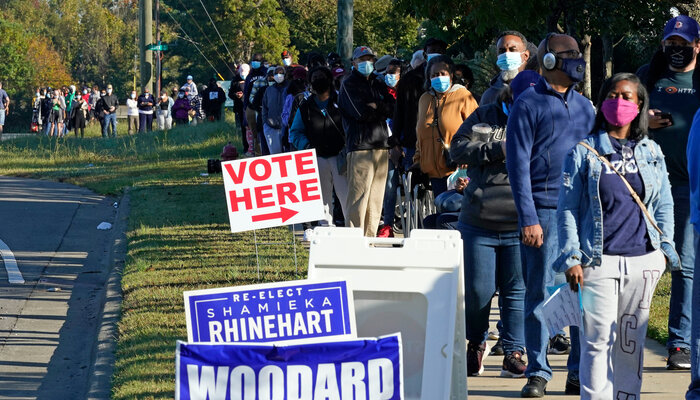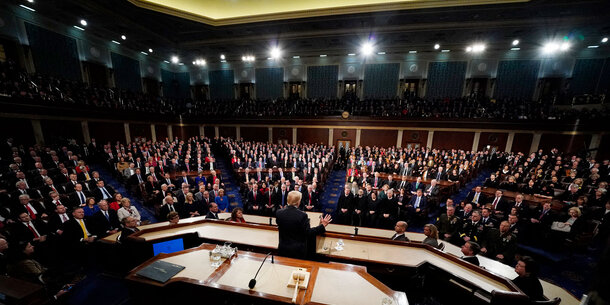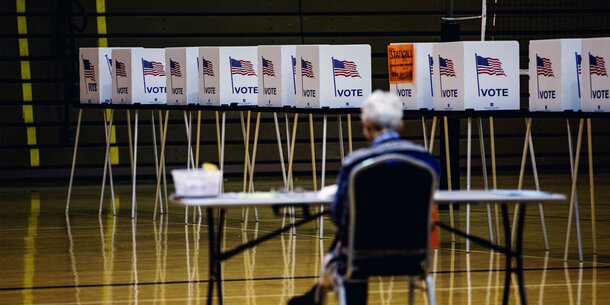Last summer, the Brennan Center released an analysis showing that restrictive voting laws passed in the first half of 2021 were the work of Republican state legislators. As we explained at the time, 16 of the 24 laws that had passed received no support from Democratic legislators.
As we show below, this did not change over the second half of 2021. By the end of the year, state legislatures had passed 34 restrictive voting laws. Of these, half did not receive a single vote from any Democratic legislator, and four more received only one Democratic vote.1 Similarly, these laws were overwhelmingly sponsored by Republican legislators. In fact, all but 2 of the 34 laws were primarily sponsored by Republicans or Republican committees.
Moreover, the bills that received significant Democratic support were less restrictive. The 34 restrictive laws enacted in 2021 vary significantly in terms of severity and scope. All 11 restrictive bills that received more than one Democratic vote were either “mixed” bills that contain both restrictive and expansive provisions (IN S.B. 398, KY H.B. 574, LA H.B. 167, OK H.B. 2663) or imposed relatively minor restrictions (AL H.B. 538, AR H.B. 1244, ID H.B. 290, NV S.B. 84, NY S.B. 264, TX H.B. 3920, UT H.B. 12), such as moving up the deadline for voters to submit mail ballot applications (NY S.B. 264).
On the other hand, the four “omnibus” restrictive voting laws passed in 2021, which imposed a wide range of restrictions on voting (FL S.B. 90, GA S.B. 202, IA S.F. 413, TX S.B. 1), did not receive a single vote from a Democratic legislator.
In the table below, we show the partisan breakdown of the vote for final passage in each legislative chamber for every restrictive voting bill that passed in 2021:
Endnotes
-
1
In addition, there is no record of Democratic votes for NH S.B. 31, but it was adopted by voice vote in both chambers of the New Hampshire Legislature, so we are unable to definitively determine whether it received a Democratic vote. NH H.B. 523 was also adopted by voice vote in the State Senate. It received a roll call vote in the House, where one Democrat voted yes. Because we are unable to determine what Democratic support it received, if any, in the Senate, we do not include it in the tally of bills that received just one vote from a Democratic legislator.




